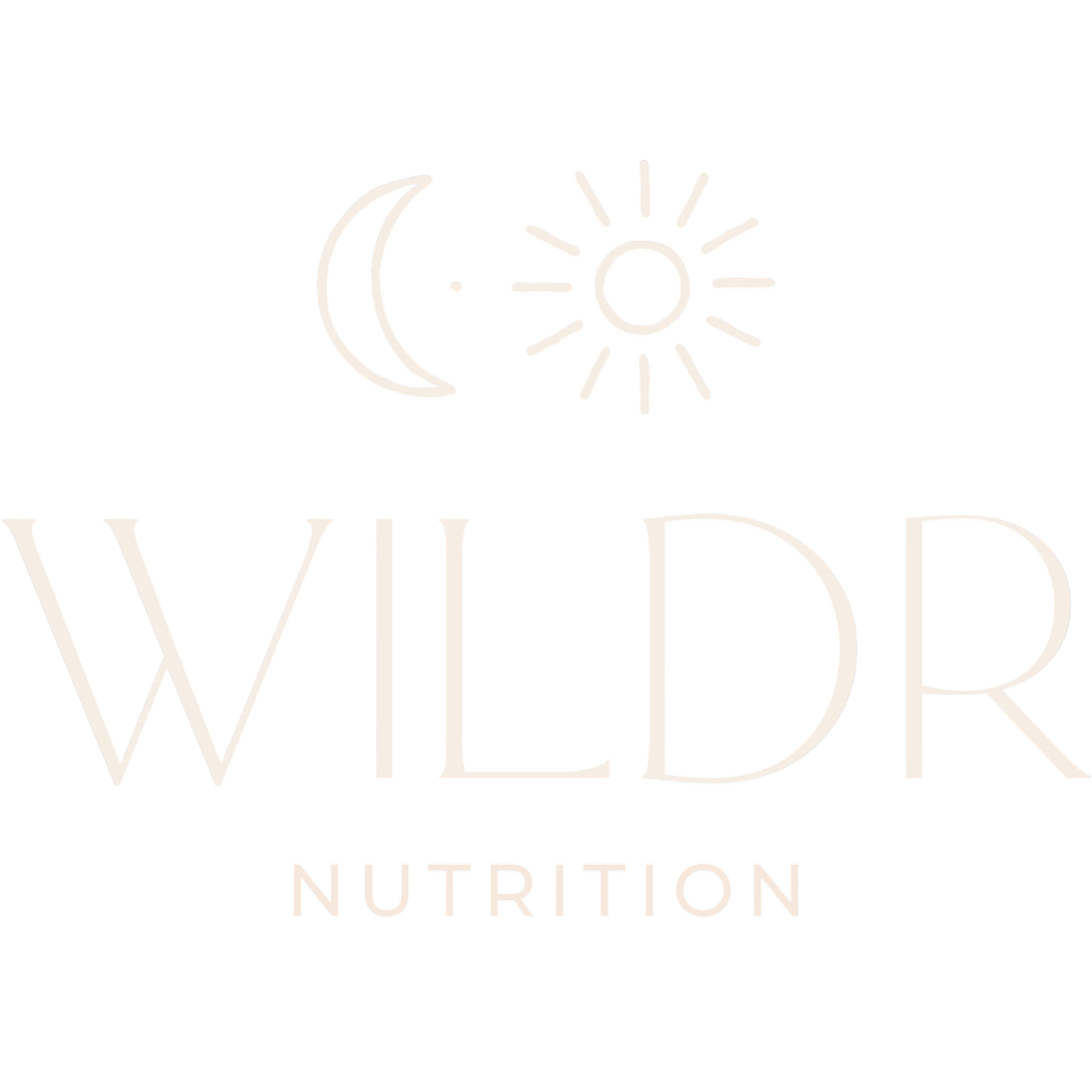How the gut impacts our mental health
~ Originally printed in OrganicNZ Magazine ~
With it being well-established that up to 80% of our serotonin, also known as our ‘happy hormone’, is produced in the gut - it’s becoming clear that our digestive health has a significant impact on our mental health and how we feel. This is mediated by the gut-brain axis which we’re only just discovering the full extent of.
People often talk about ‘gut health’ - but what are they specifically referring to?
Generally, they’re talking about the gut microbiome which is a term for all the genetic material of the bacteria, fungi, and viruses that are (most of the time) happily residing in our gut. Not only are millions of these microbes residing in the intestine, but they actually provide very important functions and benefits to our immune system and neurotransmitter balance.
The gut microbiome is constantly changing, evolving and responding to our environment and the types of food we’re eating. Our immune system helps to maintain diversity and keep the ‘good’ and ‘bad’ microbes balanced. For example, after a round of antibiotics, on top of the target bacteria getting killed, a whole bunch of the microbes in our gut get knocked out too. The microbes that grow back the quickest and easiest, tend to be the ‘bad guys’ so that tips the balance slightly in favour of the ‘baddies’. Then we follow that with some probiotics and some sauerkraut - and we tip the balance back towards the ‘good guys’ again.
Let’s compare this to what happens in nature - if we cut a whole lot of native bush back, it’s likely weeds and gorse that grows back the quickest! Native bush usually takes a lot longer and may require some help. (Like planting seedlings which in this metaphor would be equivalent to taking probiotics).
Foods and habits that tip the balance in favour of the GOODIES
Wholefoods with plenty of fibre
Fermented foods
Water
Apple cider vinegar
Probiotics
Foods and habits that tip the balance in favour of the BADIES
Refined sugar and carbohydrates
Alcohol
Antibiotics
Stress
Microbial Diversity
It’s often not as simple as a seesaw between the goodies and the baddies - one such issue we see commonly in clinic is loss of diversity. A loss of diversity of microbes might not mean there’s too many ‘bad guys’ but there’s just not enough different types of species.
Bringing back our analogy here, this would be like comparing a patch of lawn to native bush. There’s nothing inherently wrong with the lawn, it’s just that it’s all one type of grass species! And doesn’t provide a good home for native birds or create oxygen like native bush does.
So HOW does the gut microbiome impact the way that we FEEL?
If the gut microbiome is tipped too far in favour of the baddies, or we lose microbe diversity, then our ability to make and utilise serotonin is impacted. Serotonin is a vital neurotransmitter that helps us feel happy and calm.
This occurs because the metabolites of bacterial fermentation (what happens when bacteria break down food see drawing) directly interact with nerve cells, and regulate the creation of serotonin. Good microbes make metabolites that are beneficial to the gut-brain axis so not enough of these has an impact on the way we feel.
So, imbalance of bacteria → it means less of the beneficial metabolites → which interrupts our happy hormone production.
As well as the impact on our serotonin, different bacterial metabolites can activate our ‘fight or flight’ stress response - this is because we also have a bunch of nerves that connect directly to the gut that make up part of the gut-brain axis. Activation of ‘fight or flight’ stress response means it’s harder to think straight, we’re less relaxed, we’re anxious and we’re more reactive (ring any bells!?). This stress response in the gut can also cause symptoms like bloating, gas and diarrhoea which in turn cause more anxiety, which perpetuates the whole cycle.
Ok, so we’ve got into the reeds on not only WHY our microbiome impacts or mental health but the HOW as well. It’s a tricky topic (that we actually don’t have all the answers too!) so you've done well to get this far.
How to optimise our gut microbiome so that we FEEL great, are more relaxed and happier!
Eat plenty of fibre and prebiotics
Prebiotics are foods that feed the beneficial bacteria. Any whole vegetables, provide good fibres + prebiotics. Foods that are particularly good are jerusalem artichoke, garlic, onion, bananas and apples.
Absolutely use antibiotics when they are required, but only when they are required.
Follow up any antibiotics with a high quality, high-strength probiotic. Also consider taking probiotics in preparation for travel, or after a stomach bug/incidence of diarrhoea.
Breath your biome!
This concept was created by Dr Zac Bush and it’s about exposing yourself to as many different environments as possible. Get outside and breathe in your garden microbes, and get into native forest to breathe in complex, diverse microbial environments.
Aim to include raw fermented foods everyday - and I mean every day!
Sauerkraut, kimchi, apple cider vinegar, tempeh, kombucha (although quality is important here.) kefir, sourdough, raw yoghurt. - Even better - try out making your own at home!
Manage stress levels.
Stress in itself can tip the balance of good and bad bugs via it’s impact on the nervous system. Consider removing stressful (optional) commitments (or people) from your life and bring in some restorative practices to manage the stress that’s not optional.





